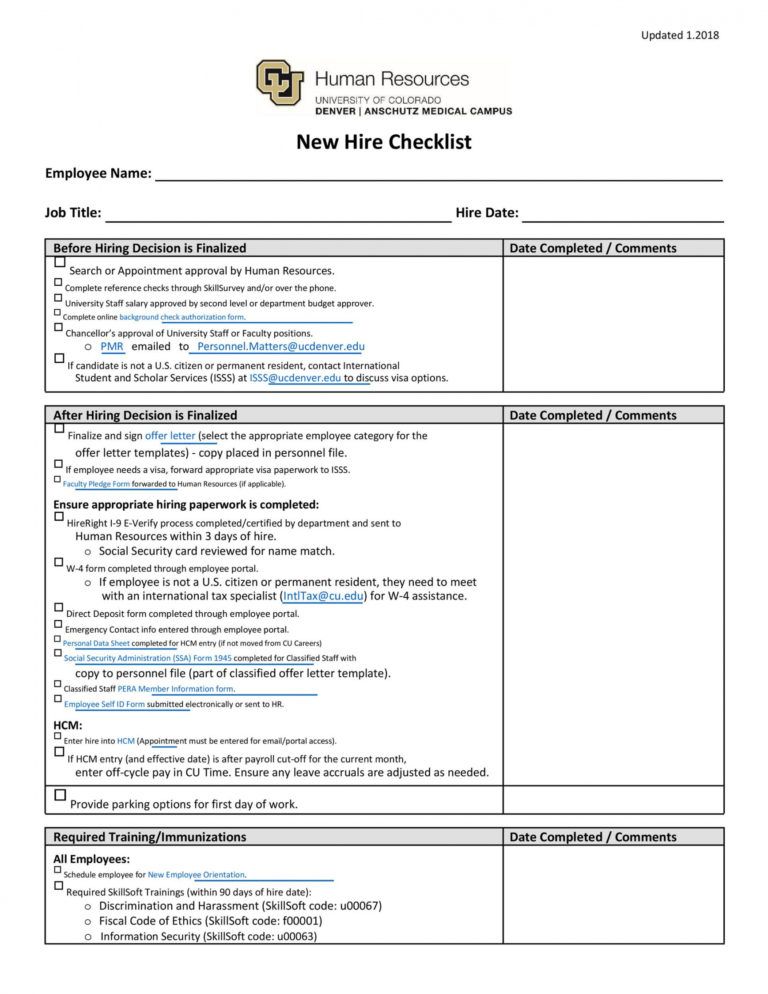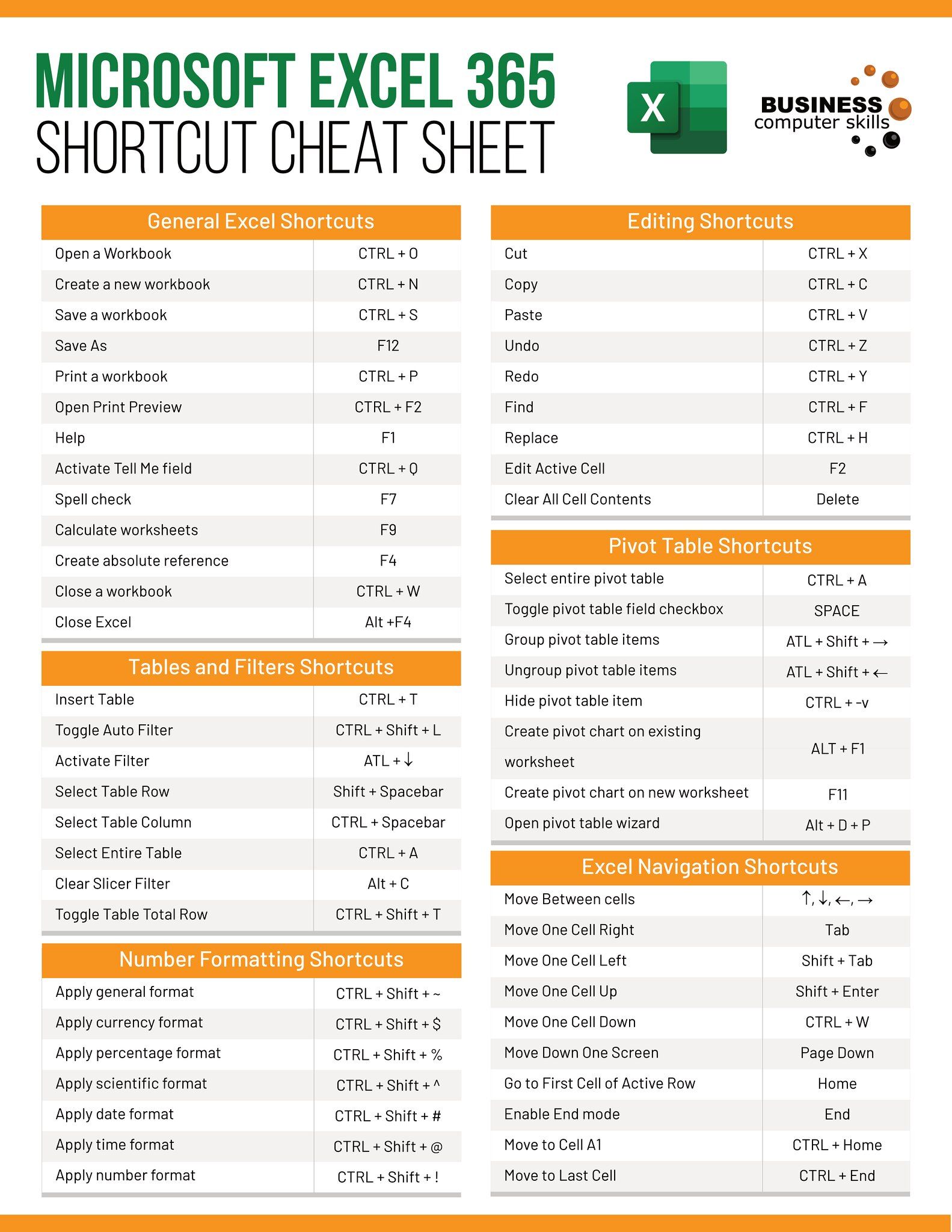Essential Paperwork for Selling Your Business: A Checklist

Preparing to sell your business is a significant undertaking that requires meticulous attention to detail, particularly when it comes to the essential paperwork involved. Ensuring you have all the necessary documents ready can streamline the sale process, reassure potential buyers, and help achieve the best possible outcome for your business. This article will guide you through a comprehensive checklist of essential paperwork for selling a business, detailing each document's purpose and importance.
Financial Documentation

Financial documents are the backbone of any business sale. These documents provide a clear picture of your business’s financial health and profitability.
- Income Statements: These financial statements show your revenue, expenses, and net profit over a specific period, usually the last three to five years. They help buyers understand your business's revenue-generating capability.
- Balance Sheets: Presenting the financial position of your business, balance sheets detail assets, liabilities, and equity at a particular point in time. Potential buyers will assess liquidity, solvency, and leverage from these documents.
- Cash Flow Statements: Critical for illustrating how cash moves in and out of your business, these statements highlight operational efficiency and potential future cash flows.
- Tax Returns: At least three years of both business and personal tax returns are necessary. They not only corroborate income statements but also reveal any outstanding tax liabilities.
📌 Note: Ensure all financial documents are prepared by a CPA to add credibility and professionalism to your business sale presentation.
Legal Documents

Legal documentation ensures that the business sale adheres to all legal requirements and can transfer ownership smoothly and legally.
- Business License and Permits: Buyers need to know the business is compliant with all local, state, and federal regulations, which these documents prove.
- Lease Agreements: If your business is tied to physical premises, you must provide the lease agreement to show future obligations, renewal options, and any other conditions related to property use.
- Contracts and Agreements: Any contracts with suppliers, clients, or partners need to be disclosed. This includes customer contracts, vendor agreements, and employment contracts.
- Franchise Agreements: If your business operates as a franchise, include the franchise agreement. This document is crucial for understanding franchisee obligations and rights.
- Articles of Incorporation or Organization: These documents establish your business's legal structure and are vital for transferring ownership.
Inventory and Asset List

A detailed inventory and asset list help buyers evaluate what they’re purchasing and assess the current value of the business’s tangible assets.
| Category | Description |
|---|---|
| Physical Inventory | List of all goods for sale, including stock quantities, unit costs, and total values. |
| Fixed Assets | Land, buildings, vehicles, machinery, and equipment, with their current book value and depreciation schedules. |
| Intangible Assets | Brand names, trademarks, patents, copyrights, and customer lists. |

🌟 Note: Valuation of assets might require professional appraisal services, especially for high-value items or specialized equipment.
Operational Documentation

Operational documents provide insight into how the business functions, allowing potential buyers to assess its operational health and scalability.
- Employee Information: Details on staff numbers, roles, salary structures, benefits, and employment contracts.
- Standard Operating Procedures (SOPs): Written guidelines detailing how to carry out business processes, from manufacturing to customer service.
- Business Plan: An up-to-date business plan outlines future strategies, growth projections, and operational goals.
- Marketing Materials: Brochures, website content, social media profiles, and other marketing collateral that reflect your brand's identity and marketing strategy.
Customer and Sales Documentation

Understanding your customer base and sales pipeline is crucial for buyers to evaluate future revenue potential.
- Customer List: A confidential list of existing customers, detailing their purchase history, loyalty, and potential for future business.
- Sales Pipeline: A document showing current prospects, potential deals, and ongoing negotiations, which indicates future sales opportunities.
Final thoughts, selling a business involves much more than just financials; it requires a complete dossier of documents that reflect the business's health, operations, and potential. By meticulously preparing this paperwork, you not only expedite the sale process but also increase the perceived value of your business to potential buyers. Whether you're selling a small family-run enterprise or a large corporation, having all these documents in order will make the transition smoother and more secure for all parties involved.
Why are financial statements so important in the sale of a business?

+
Financial statements are critical as they provide a detailed insight into the business’s profitability, financial health, and historical performance, which directly impacts the valuation and buyer’s interest.
What if my business doesn’t have formal business contracts?

+
If your business operates on handshake agreements or informal understandings, you should consider formalizing these arrangements through written contracts to provide clarity and legal protection during the sale process.
Can I sell my business without an up-to-date business plan?

+
While not legally required, a current business plan can significantly enhance the attractiveness of your business to potential buyers by demonstrating strategic foresight and growth potential.



